
With the U.S. presidential election just weeks away, the race is too close to call between Kamala Harris and Donald Trump. However, analysts agree the winner will ultimately be selected by voters in 7 so-called “swing” states that do not have a consistent party loyalty. So what makes these swing states so “swingy?” We’ve consulted major media outlets to compile a purple state guide for you. If you live in one of these states, this can motivate you to vote and encourage your family and friends to do so. Donors to political campaigns and political action committees might want to direct their funds to these states as well, to whatever extent possible.
24/7 Wall St. Insights
- 7 states are currently too close to call in the U.S. presidential election.
- Electoral votes of some of the so-called “Rust Belt” and “Sun Belt” states are up for grabs.
- Also: 2 Dividend Legends To Hold Forever
The Electoral College
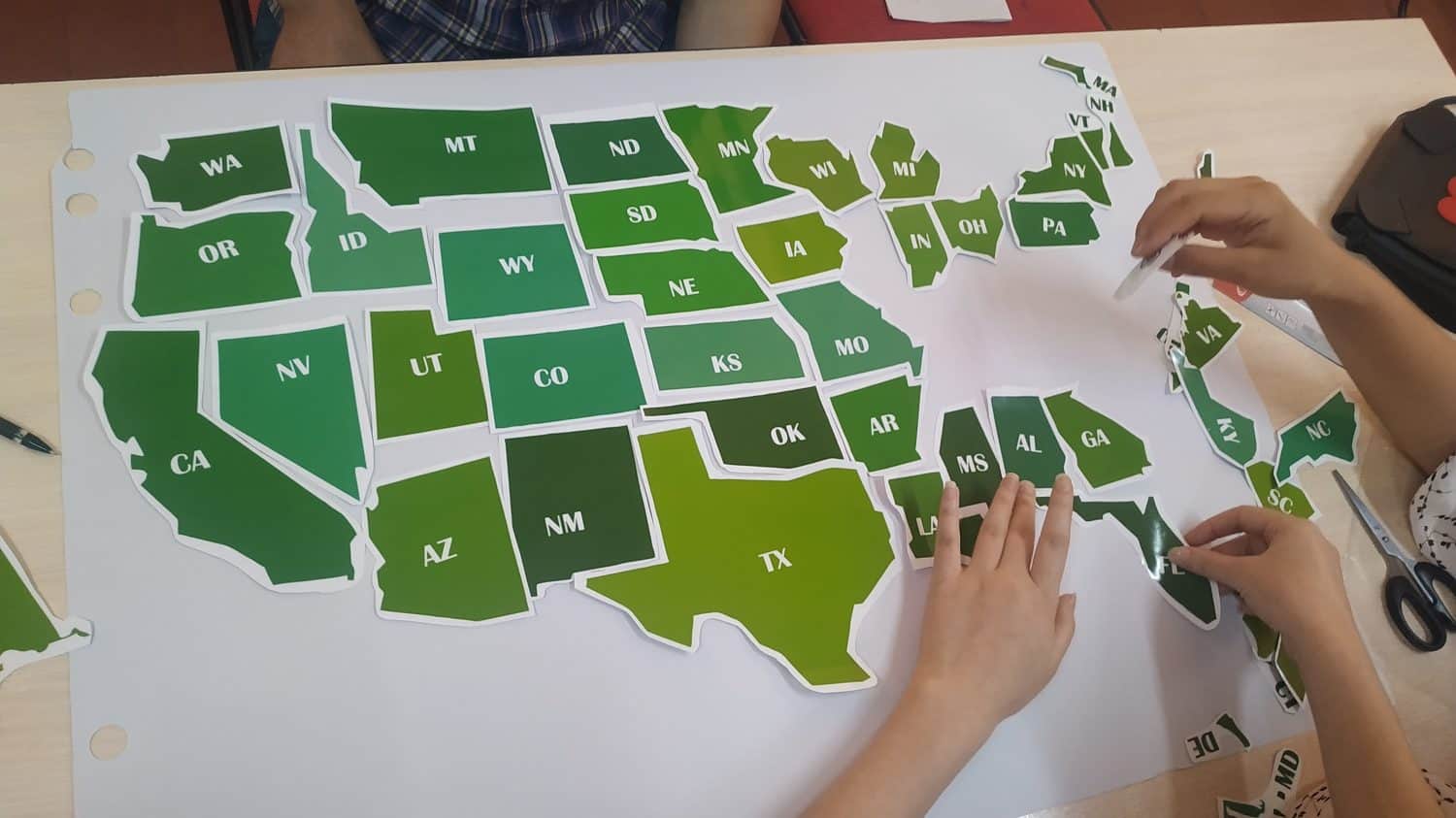
Americans elect their presidents indirectly, through electoral votes, rather than directly through the popular vote tally. Each state has a number of electoral votes equivalent to the number of congressional representatives they have. Because each state has at least 2 Senators and 1 Representative, this means no state has fewer than 3 electoral votes. Although Washington D.C. is not a state, it does have 3 electoral votes as well. In all there are 538 electoral votes. It takes 270 votes to win the election. If there is a tie, the election is decided by the U.S. Congress. The House of Representatives would select the president, with one vote per state congressional delegation, and the Senate would choose the Vice President.
Red and Blue States
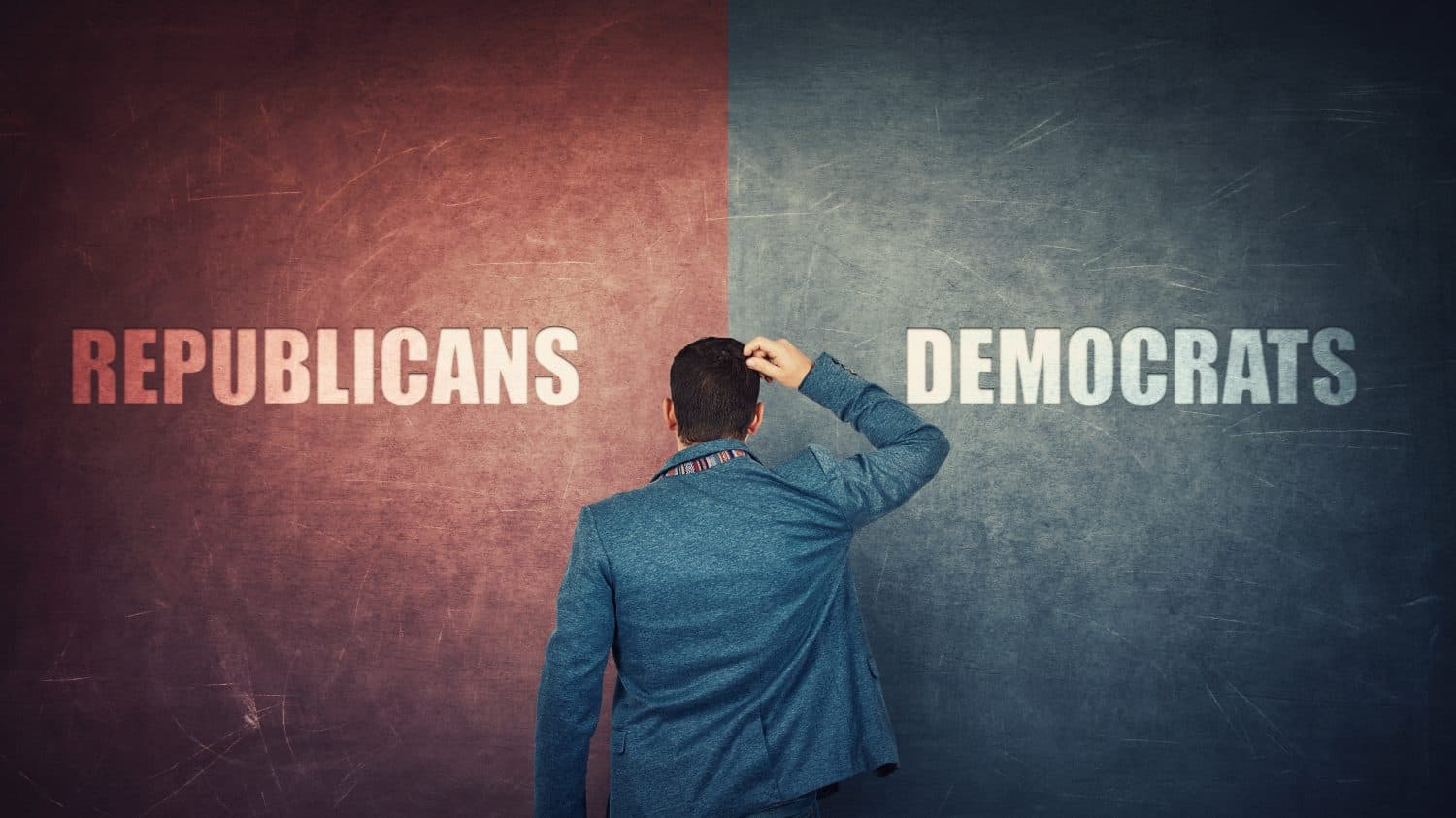
“Red” states—those that tend to vote Republican—are concentrated in the mountains, the rural Midwest, and the South. “Blue” or Democratic states are those with the largest urban centers and industrial base, including the Northeast and the West coast. Anomalies sometimes appear as migration brings larger concentrations of voters to a different region. For example progressives from California have settled in large numbers in Colorado, contributing to that tending to vote for the Democratic party in recent decades. Following are the 7 swing states in the 2024 Presidential election.
Arizona
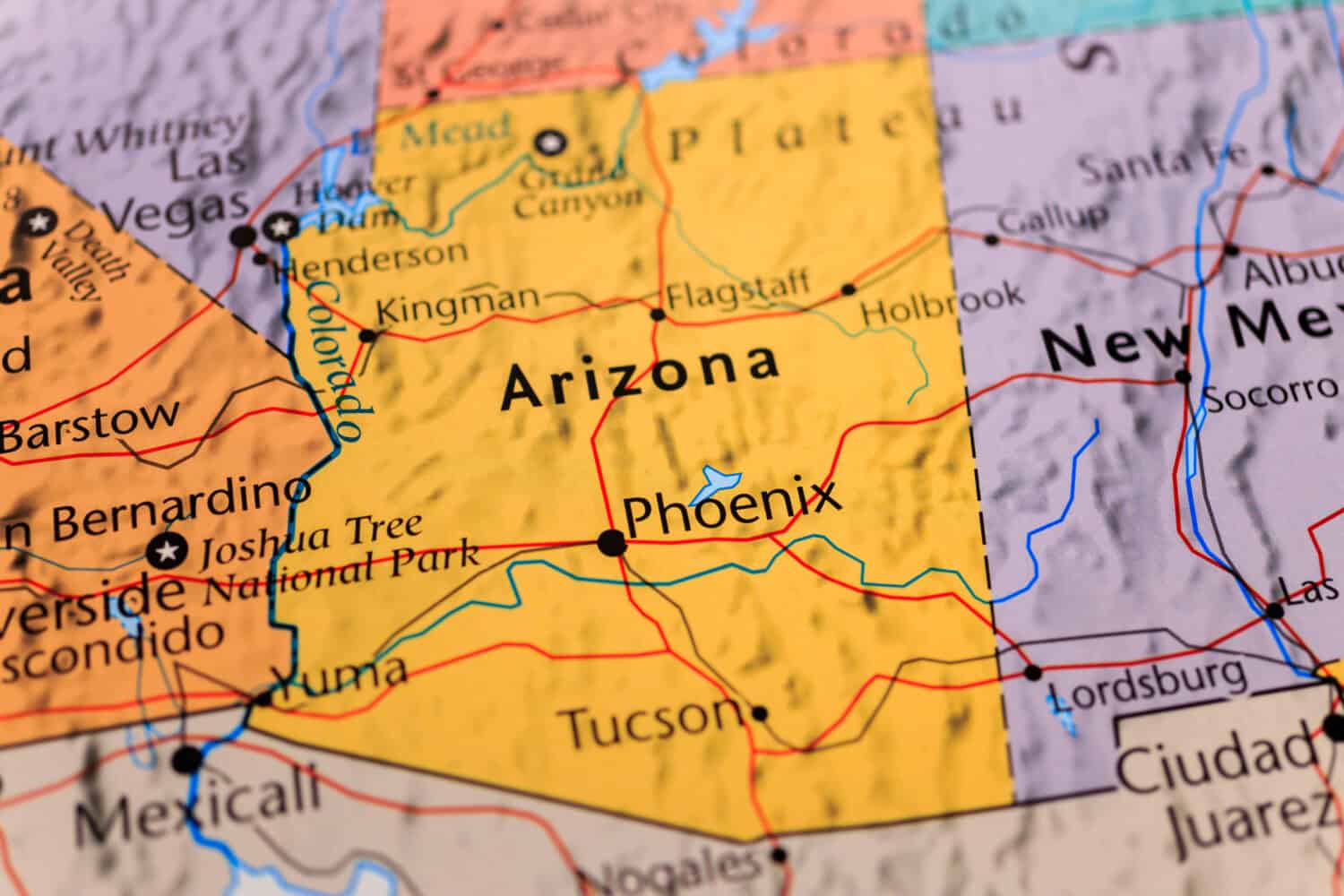
Arizona went for Biden in 2020, with 11 electoral college votes, but this was an anomaly, as Arizona had voted consistently Republican since the 1990s. Because of the state’s long international border with Mexico, immigration is a significant issue for Arizonans. Abortion is another hotly contested issue in the state, after Republicans were unsuccessful in establishing an abortion ban in Arizona.
Georgia
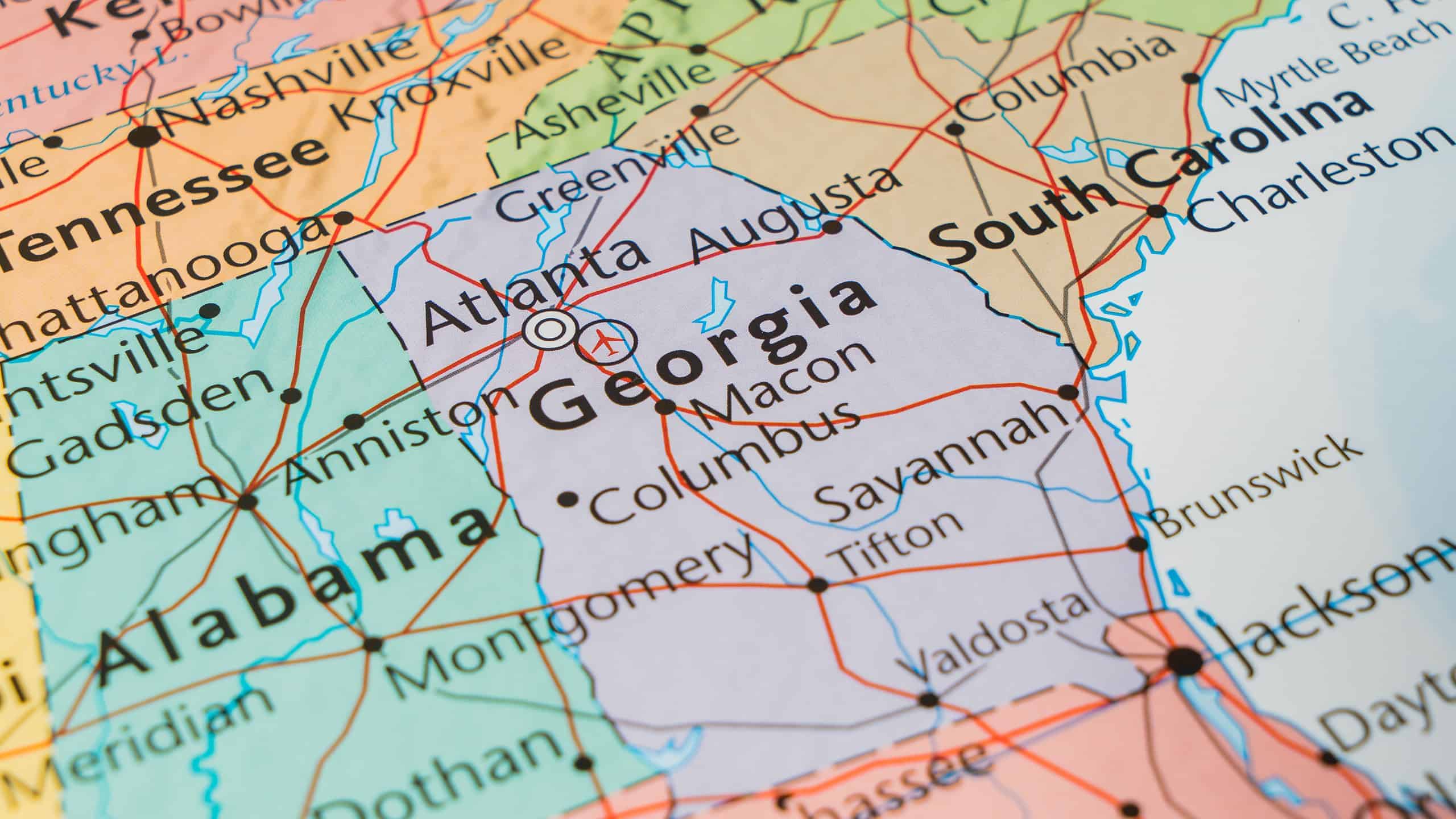
With 16 electoral votes, Georgia is a crucial battleground state. Trump was accused of election tampering there after the close 2020 vote. One in three Georgians is African-American. Although black voters have been disappointed in some of Biden’s policies, the fact that Kamala Harris is African-American and Indian may give her an advantage with these voters.Georgia has a growing population of young, diverse, urban voters who are becoming more politically engaged.
Michigan
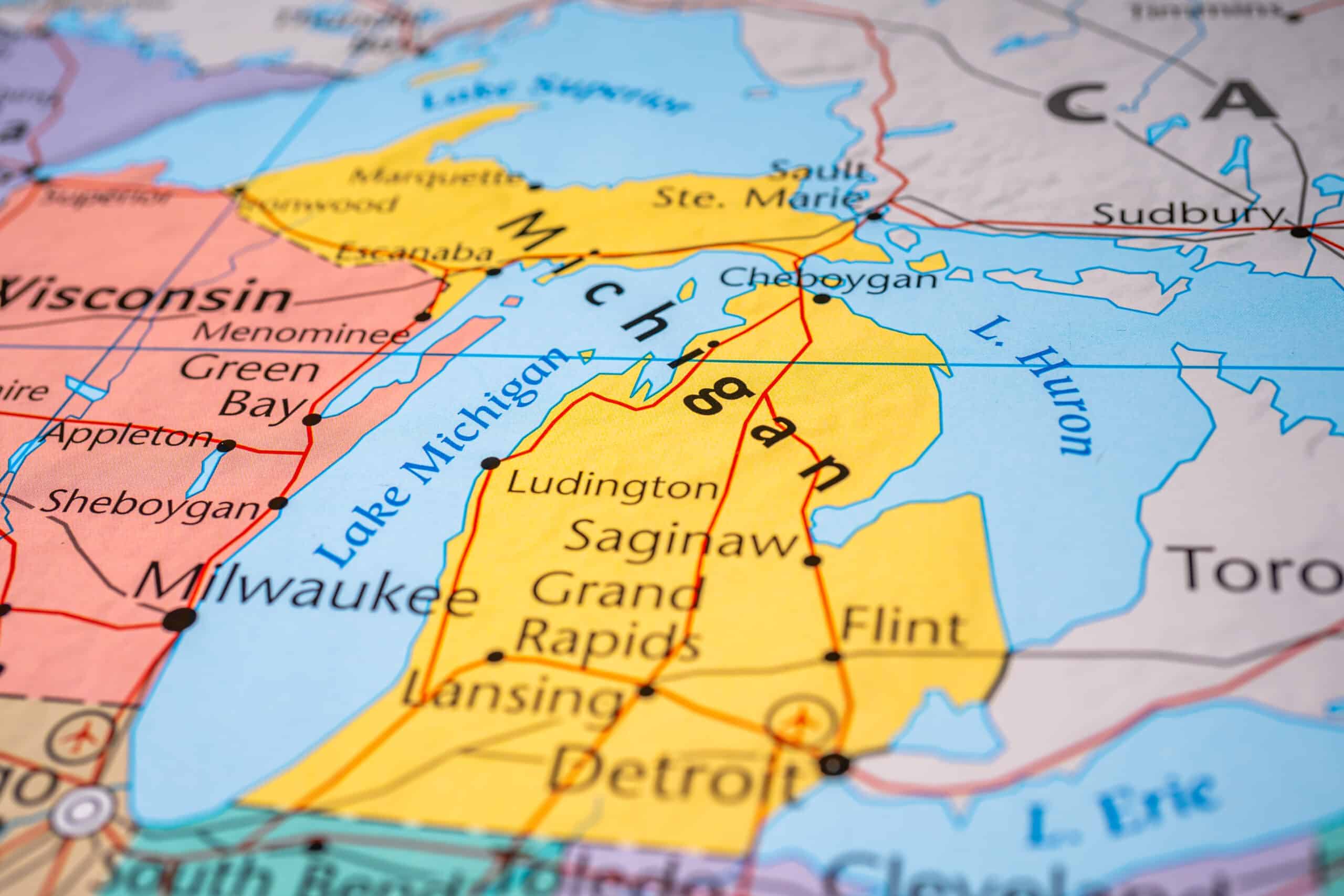
Michigan awarded its 15 electoral votes to Biden in the last election. However, Michigan has the country’s largest population of Arab-Americans who are dissatisfied with the President’s support of Israel in its war with Hamas and Hezbollah. Like many so-called “Rust Belt” states, Michigan has struggled over the decline of the manufacturing sector, particularly the automotive industry, leaving industrial centers as crime-ridden ruins. Unions are strong in Michigan and tend to favor the Democrats. But the state also has large numbers of rural voters and people in economic distress who like the Republicans’ promises of lower taxes and regulations and business growth.
Nevada
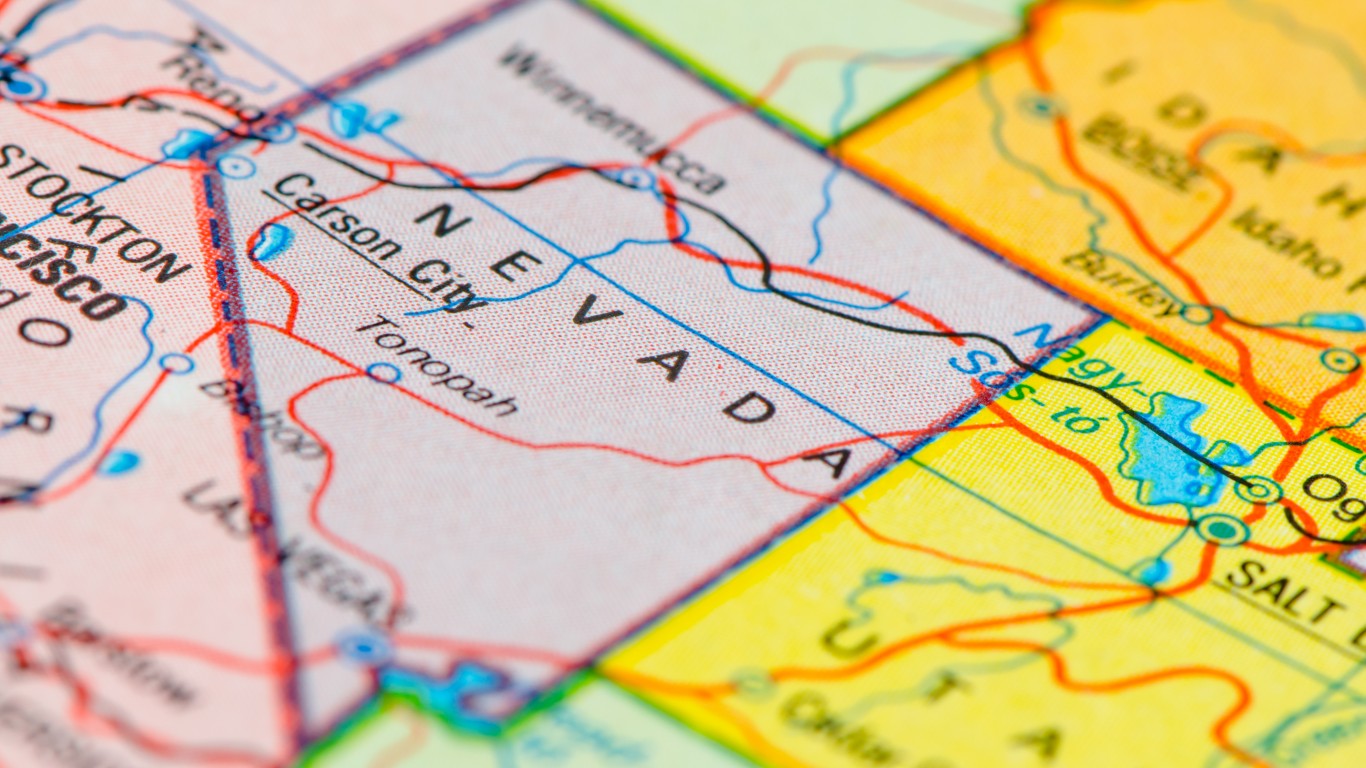
Nevada has only 6 electoral votes, but these could be decisive in a close election. Biden won the state in the last election. Nevada’s recovery from the economic blow of Covid has been slower than many other states. It has one of the highest unemployment rates in the country. Nevada has a fast-growing population that includes people of a mixture of views, including both progressive and conservative Californians. The Latino vote is particularly strong in Nevada, but Latinos don’t always vote as a block consistently with any one particular party.
North Carolina
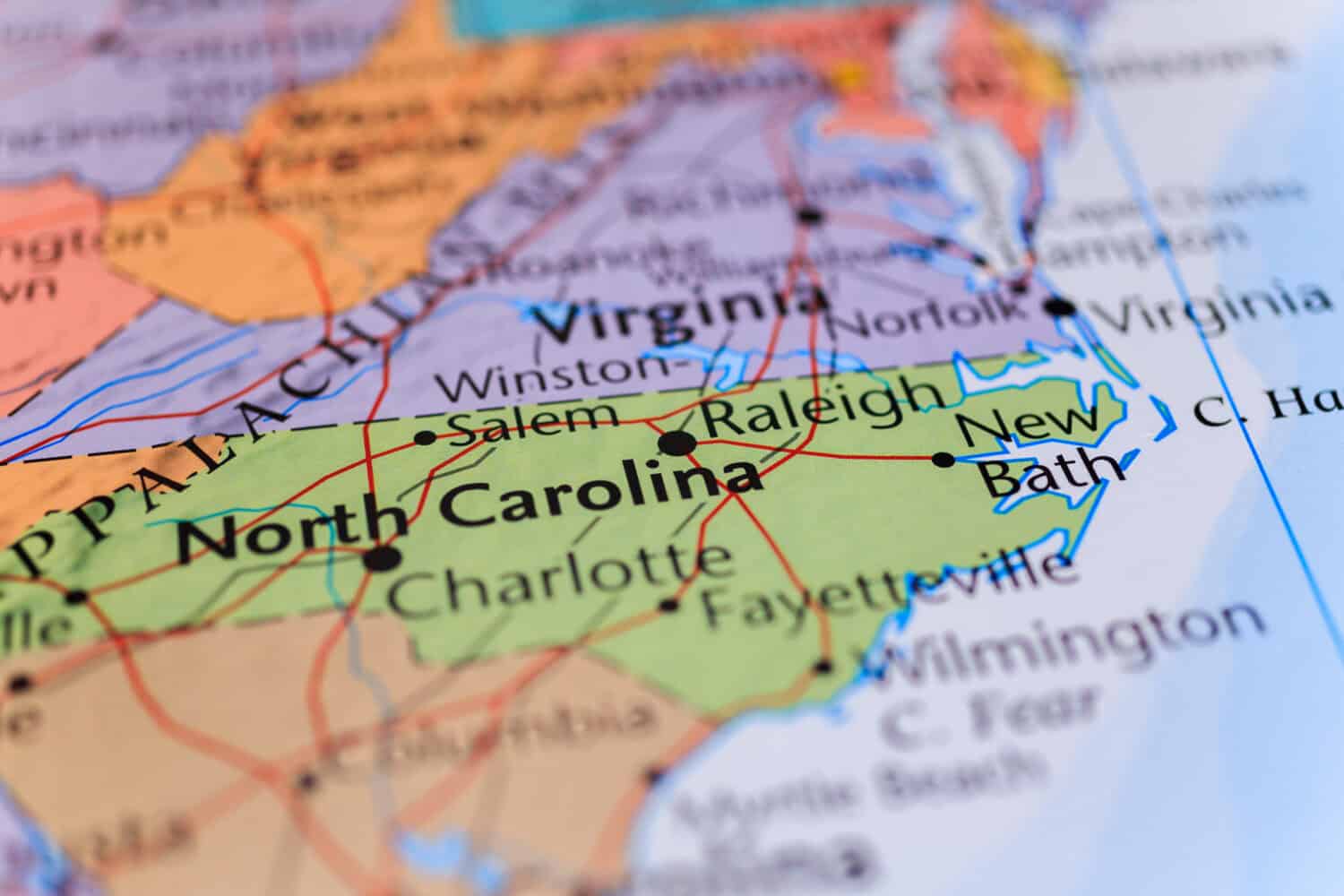
Donald Trump won North Carolina’s 16 electoral votes in 2020. This year, Trump endorsed Mark Robinson’s gubernatorial campaign in the state. Since then, evidence has emerged that Robinson made inappropriate comments on pornographic websites and even described himself as a “Black Nazi.” This scandal could sway some undecided voters against Trump. Although North Carolina was historically a rural and conservative state, its major urban areas and major universities have attracted businesses and younger, well-educated, and diverse voters.
Pennsylvania
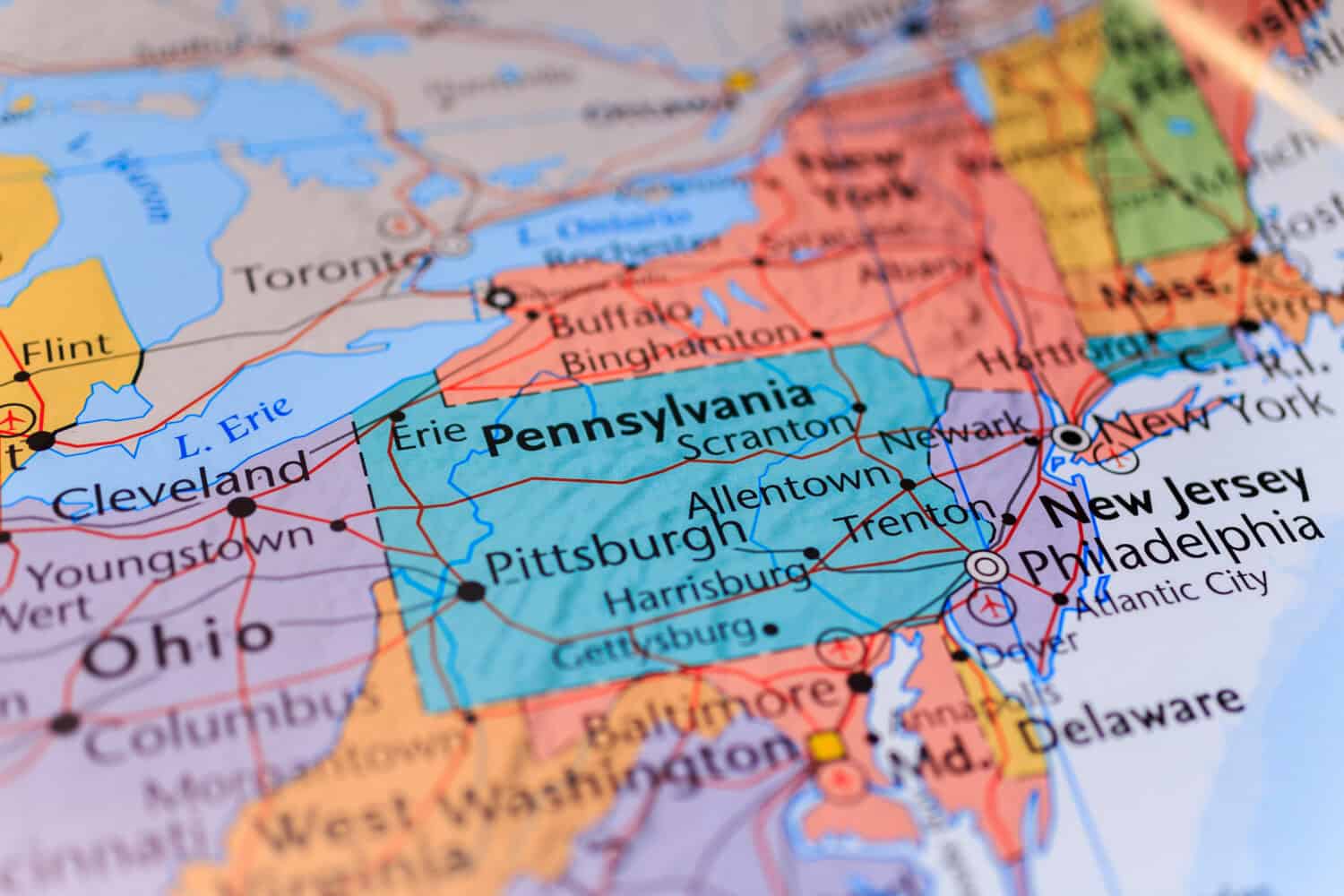
In the 2020 election, Pennsylvania’s 19 electoral votes went to Joe Biden, who grew up there. In this election season, Donald Trump survived an assassination attempt while campaigning there. The price of groceries has risen faster in this state than any other this past year, so voters there are highly motivated by economic issues. Like other Rust Belt states, Pennsylvania’s economy has suffered from a decline in industrial jobs, such as steelworks and heavy manufacturing.
Wisconsin
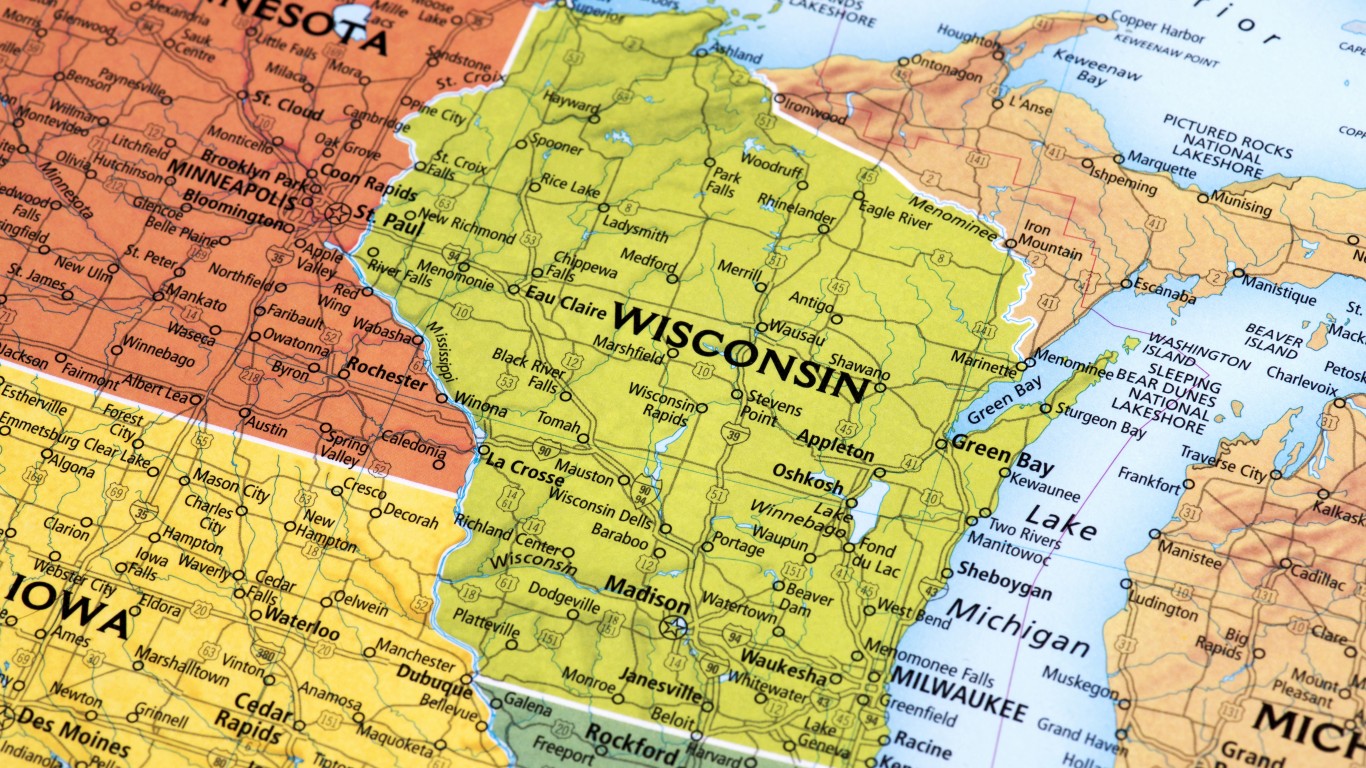
Wisconsin has 10 electoral votes. In the last election, it voted for Joe Biden. At the state level, Wisconsin has often elected members of both parties to state offices. An interesting aspect of this state is that is has both a very strong agricultural sector, especially in dairy farming, as well as a well-developed industrial base that has struggled from competition with foreign imports. Election outcomes in Wisconsin are strongly influenced by voter turnout. A higher than normal urban turnout will benefit Democrats, while a higher rural turnout benefits Republicans.
In 20 Years, I Haven’t Seen A Cash Back Card This Good
Credit card companies are at war, handing out free rewards and benefits to win the best customers. A good cash back card can be worth thousands of dollars a year in free money, not to mention other perks like travel, insurance, and access to fancy lounges. Our top pick today has pays up to 5% cash back, a $200 bonus on top, and $0 annual fee. Click here to apply before they stop offering rewards this generous.
Flywheel Publishing has partnered with CardRatings for our coverage of credit card products. Flywheel Publishing and CardRatings may receive a commission from card issuers.
Thank you for reading! Have some feedback for us?
Contact the 24/7 Wall St. editorial team.
